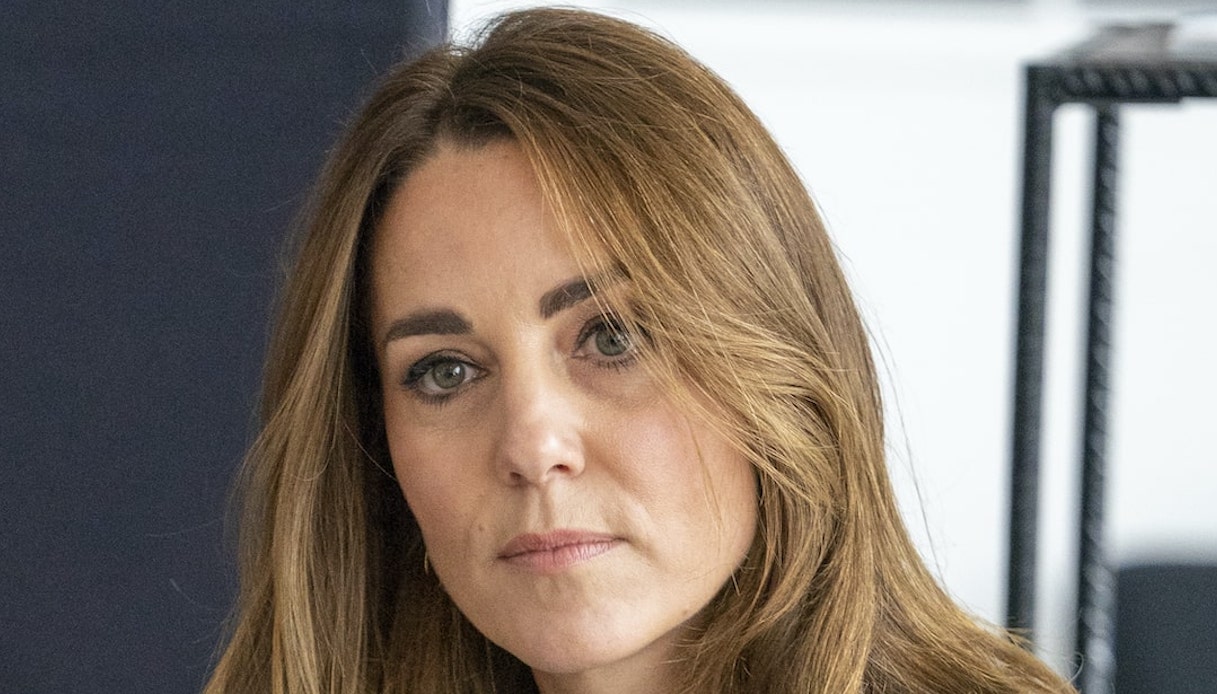One of the big questions that have crossed Italy in recent months concerns school closures. Have they really been longer than anywhere else in Europe?
They were really useless, given that Italy has the highest death toll from Covid-19 after Britain (in proportion to the population)?
In recent days, Unesco, the United Nations agency for education, science and culture, has made available new updated data on the duration of school closures in many dozen countries. Correlated with what we know about the spread of the virus, that information can help understand how good – or poor – Italy’s performance has been on this front.
It must be said right away that there are no categorical answers, also because the school is only one of the channels for spreading the infection. But some elements begin to emerge.
How many weeks have schools been closed in Italy?
The most obvious is that, in fact, Italy is one of the countries of Europe where schools have been closed for the longest time: from the start of the pandemic until January 23, for 26 weeks in total (half of which with a total closure). Some other governments in Europe have observed even longer periods without teaching in attendance than Italy: Romania, the Czech Republic, Slovakia, Poland and Hungary; for a few less than in Italy, however, schools remained blocked in Slovenia, Bulgaria and Greece.
Does health care have anything to do with it?
Here is already a first answer. As we can see, the most prudent European countries in keeping students and schoolchildren at home almost all have a common characteristic: a low level of health expenditure per inhabitant, according to data from the World Bank. In none of those countries of Central and Eastern Europe and the Balkans does the annual budget for citizenship treatment reach two thousand dollars a year, indeed it is almost always much lower. In short, those that have interrupted face-to-face education the longest are “insecure” governments, convinced of not having the means to manage a wave of too violent Covid in hospitals. Thus, the poverty of resources in the health sector in Central Eastern Europe and the Balkans has led the authorities to deprive students and schoolchildren of even more time between school, in turn causing greater future costs due to the extra education lost by a whole generation.
So the lack of funds in health care has created future poverty.
It’s Italy? As for school closing days, it is part of this same group of insecure countries. Yet his health record is often completely different triple or quadruple (per inhabitant) compared to that of other countries where the school has been closed for longer. According to the World Bank, healthcare spending in Italy was almost three thousand dollars per inhabitant: more similar (although often lower) to that of Western European countries where the school has been open longer.
It is no coincidence that the countries where the school has been open the most are characterized by a high (or very high) health expenditure per inhabitant: France ($ 4,690 in 2018), Finland, Principality of Monaco, Norway, Switzerland (almost 10 thousand dollars per inhabitant) and Iceland. In this case, the confidence in their means in dealing with the consequences of the pandemic has led those governments to better preserve the educational opportunities of the youngest.
The two approaches of governments
But is it really that simple? Maybe not. The “Corriere” examined 33 countries of the continent – plus Israel – democratic enough to give sufficient guarantees of the authenticity of the data on the infection. And two different approaches come out of it.
There are governments that have preferred less education in the presence in order to contain Covid-19 a little better. And governments they preferred risk a few more infections, in order to preserve the education of young people a little better.
–

–
–
Italy is in the first group: sixth out of 32 European countries for the duration of school closures; but only sixteenth out of 32 for registered Covid cases (41,151 per million inhabitants in the middle of last week). In short, having closed the schools more has involved a relatively higher cost than elsewhere for the future of children and grandchildren. But it has helped to reduce the penetration of the contagion that is killing, in large part, fathers and grandparents. In Italy, the arbitration between generations has preferred to give priority to the defense of the life of the latter.
Also in Germany the choice was similar, although the plan was better executed. Despite a high health care expenditure (5,472 dollars per inhabitant), the Federal Republic of Germany is above the European average for duration of total or partial school closures (19 weeks, of which seven total). But Germany is also among the European countries with the lowest number of infections in proportion to the population.
Spain, France and Sweden instead made the opposite choice: they have made a little more arbitrage to protect young people in the pandemic. All three are towards the bottom of the European ranking for the duration of school closures, so young people have lost fewer hours of education than in Italy or Germany. But they are also all three above Germany and also above Italy in the density of Covid cases in proportion to the population.
Stefania Giannini, Unesco Deputy Director General for Education and former Minister of Education in Italy observes: “Our data show an unprecedented situation in history: in 2020 more than half of the school year was lost on average in the world due to the pandemic and the consequent closure of schools. Without a radical change of perspective, the consequences will be serious and will affect the weakest. Closing schools must be the last resort and reopening schools safely is an absolute priority ».
–
–
February 1, 2021 (change February 1, 2021 | 18:05)
© REPRODUCTION RESERVED
– .


